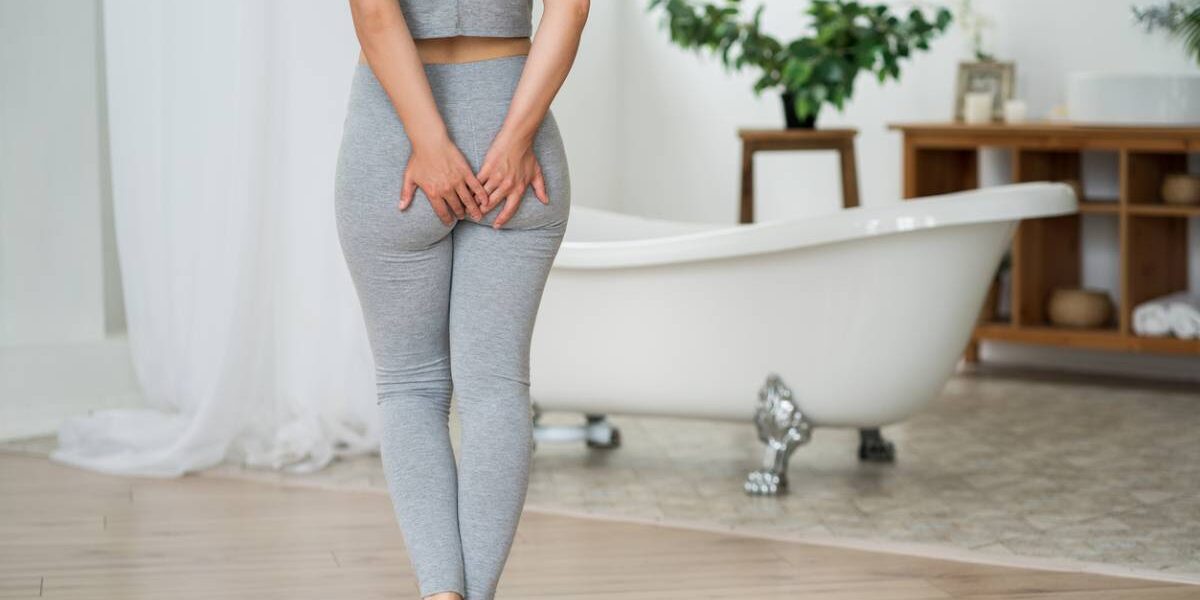When certain veins in your intestines get swollen, they can start to swell into big lumps that we call hemorrhoids. Depending on the location of the hemorrhoid, it may be difficult to discover. Patients who visit our gastroenterologist in Los Angeles often ask, “Should hemorrhoids be painful?” and the answer largely depends on the nature of the affected area. Internal hemorrhoids don’t hurt, but external ones usually do. Let’s take a closer look at what hemorrhoids are, what causes them, when to expect pain, and when to seek out treatment.
Should Hemorrhoids Be Painful?
Hemorrhoids usually occur when the rectum undergoes too much pressure, forcing the veins to strain and swell up. Several other factors can contribute to the likelihood of hemorrhoids, including:
- Being pregnant
- Being constipated and straining while having bowel movements
- Heavy lifting that strains muscles in the lower half of the body
- Sitting on the toilet for long periods of time
- Having a low-fiber diet
- Aging, as vein tissues weaken over time
Hemorrhoids don’t typically cause further complications, but they can be very uncomfortable to deal with and so doctors typically suggest that you remove your hemorrhoids right away. The two main types of hemorrhoids – internal and external – can determine the best course of action for treatment.
Types and Treatment of Hemorrhoids
Treatments vary depending on the type and the severity of your hemorrhoids. Some milder cases can be treated using home remedies and rest, while other hemorrhoids may need more invasive procedures.
Internal Hemorrhoids
Internal hemorrhoids rarely cause pain or discomfort because they are inside the rectum. You may feel some straining or discomfort when you try to pass a stool, or you may bleed after bowel movements without feeling any pain. This symptom is a good indication of internal hemorrhoids and you should get help from your doctor right away.
External Hemorrhoids
External hemorrhoids can be very painful and obtrusive. These occur on the outside of the rectum and can be visible when they grow very big. Hemorrhoid pain can prevent you from being able to sit or lay down comfortably, making it difficult to perform even the simplest of daily tasks with ease. External hemorrhoids are pretty obvious and should be examined by a doctor as soon as possible.
Levels of Treatment
Hemorrhoids are usually treated with a combination of medications and home remedies. Hydrocortisone cream can help to reduce the swelling in the rectum, letting the hemorrhoids grow smaller over time. If that isn’t enough to get rid of them, the doctor may suggest different types of procedures. Rubber band ligation essentially “kills” the hemorrhoid by suffocating it with a rubber band until it dies and withers away. There is also injection therapy or laser surgery to remove each hemorrhoid and help the affected space heal over.
As a last resort, and only in the most major cases, hemorrhoid removal surgery can be performed to remove all of the tissue causing excessive bleeding and pain. A combination of pain killers and a hot bath will relieve pain while recovering from such a procedure.
Get the Best Hemorrhoid Treatment Today
At the office of Dr. Tabib, we offer state-of-the-art hemorrhoids treatment in Los Angeles to patients who are struggling with external or internal hemorrhoids. It can be difficult to discover hemorrhoids when there are no symptoms of pain, but that is why it is important to receive regular check-ups to keep your internal organs free from continuous damage. Get in touch with our pros today to learn more about hemorrhoid symptoms, diagnosis, and treatment. We can set you up with a custom treatment plan that will best serve your needs. Contact us today!



